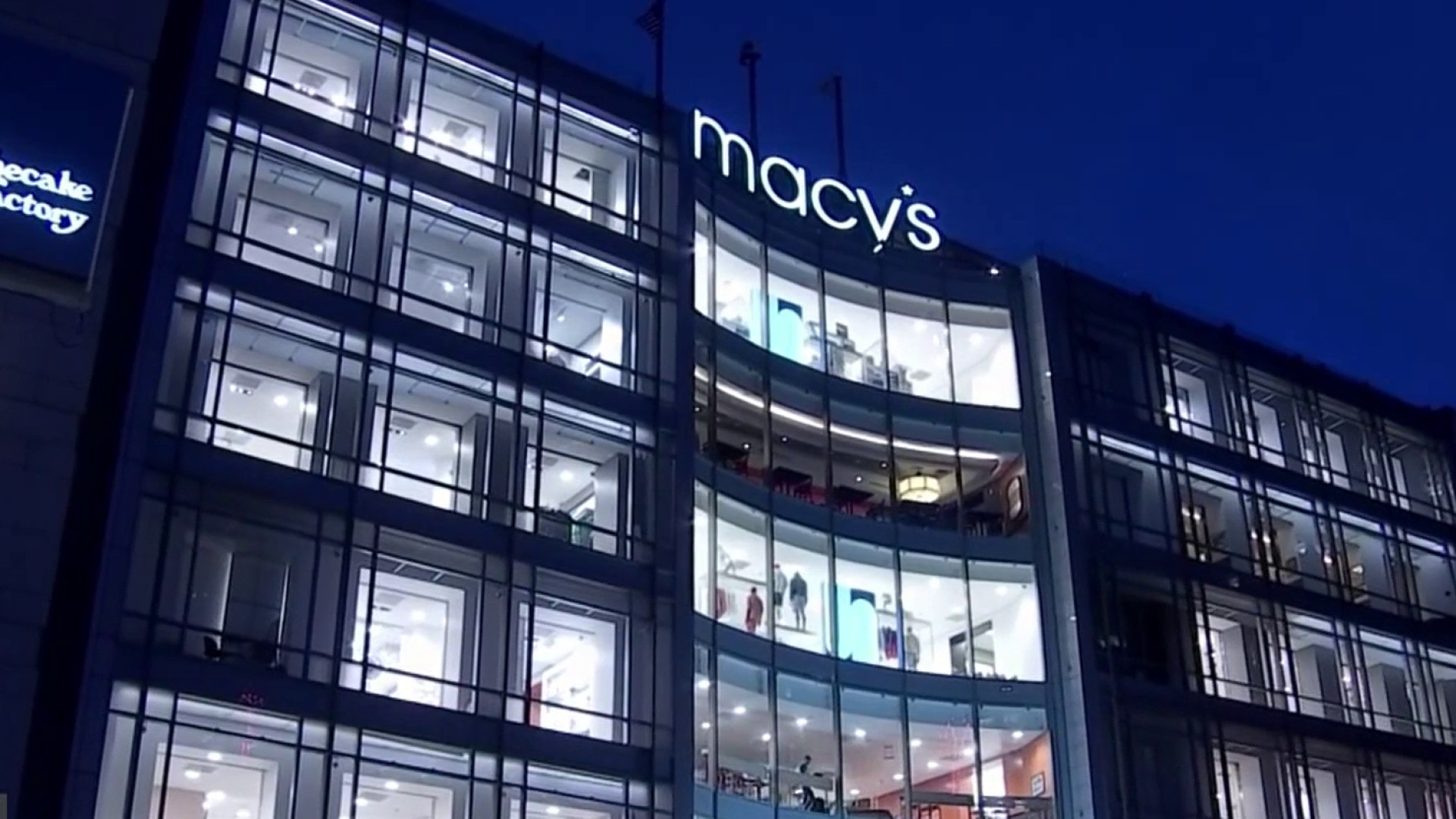Health insurance companies under fire for raising premiums on California residents and businesses unfairly should modify their behavior, or else.
Wait a minute…or else, what?
"The strategy really has been to try and have regulators negotiate with insurance companies, or for consumer groups to try and shame insurance companies,” explained Linda Leu, a healthcare policy analyst for the consumer advocacy group, Health Access.
But Leu says at the end of the day, the decision remains in the hands of the insurance companies if they’ll pull back rates or maintain the same level of profits.
The California Department of Insurance is charged with protecting consumer interests and evaluating the fairness of proposed healthcare insurance rate hikes, but lacks any mechanism to enforce their findings. “When we make a decision, it doesn’t count,” said Commissioner Dave Jones.
Jones has been busy exposing questionable rate hikes in recent months, citing at least three companies since March. Most recently, the commissioner called out the nation’s largest health insurance provider, United Healthcare, for implementing what the state considers a nearly 8 percent hike on small businesses. Officially, the proposed hike is listed at a more modest 1.8 percent.
“The company likes to cite the nominal increase, which may be 1 percent,” Jones said. “But we take a look at the real increase, which is the nominal increase plus any benefit reductions. And in this case, the company reduced benefits in January, so these folks are really getting a 4.9 percent [quarterly] increase…and a 7.7 percent increase for the year.” United Healthcare spokesperson Matthew Yi told NBC Bay Area that the rate hike is in fact 1.8 percent. Without the benefit reductions, he said, it would rise to nearly 8 percent.
Local
Officially, United Healthare offered the following statement on California’s rebuke of its proposed rate hike: “We are mystified, considering our 1.8 percent annual increase reflects the economic reality and underlying health care costs and is among the lowest requested increases of any health plan in California. We have worked hard to design health benefit options that provide consumers with choice to minimize increasing health care costs.”
In March, the Department of Insurance cited Blue Shield of California Life and Health Insurance for imposing an 11.7 percent average rate increase, and in April the regulator took issue with Anthem Blue Cross’ hike that averaged a 10.5 percent annual increase on impacted policyholders.
But the result of these public scoldings has hardly been a change of the landscape. As Jones is quick to point out, it’s not in his hands.
"It's not binding on the health insurers or the HMOs, and they can do whatever they want,” Jones said. “In this case, United Healthcare decided to go forward with their rate increase. So, that's the lose-lose proposition for Californians."
Jones has authored or sponsored four pieces of legislation that would give the commissioner of the Department of Insurance meaningful oversight on rate hikes- similar to about three dozen other states- but all those efforts have been quashed.
"Unfortunately, due to the power and influence of the health insurance and HMO lobby, they have blocked that legislation each and every one of those four times,” he noted. “And they fight it because they like making as much money as they can."
Maribeth Shannon, director of the California Healthcare Foundation’s Market and Policy Monitor Program, predicts the dialogue over heightened health insurance regulation will be “hotly debated in Sacramento, whether or not it’s time for rate regulation in California."
The California Healthcare Foundation tracks industry trends and recently released its annual report, with some discouraging conclusions.
"What we found is that more and more small businesses are choosing to drop their health insurance coverage,” Shannon said. “We think that that's probably a combination of these rapidly rising premium rates, as well as the poor economy."
Shannon said compared to just 10 years ago, the number of employers offering health insurance dropped from 71 percent down to 60 percent, a “dramatic” decrease.
Experts such as Shannon, as well as Commissioner Jones, predict a further rise in health insurance premiums once more Americans are required to have coverage starting in 2014.
Could that precipitate a change in regulation?
"It’s very frustrating for California consumers and California businesses who have seen their rates go up 10, 20, 30, 40 and sometimes 100 percent on a year-to-year basis,” Jones said, referring to his inability to check the rates. “And with no relief in sight."



